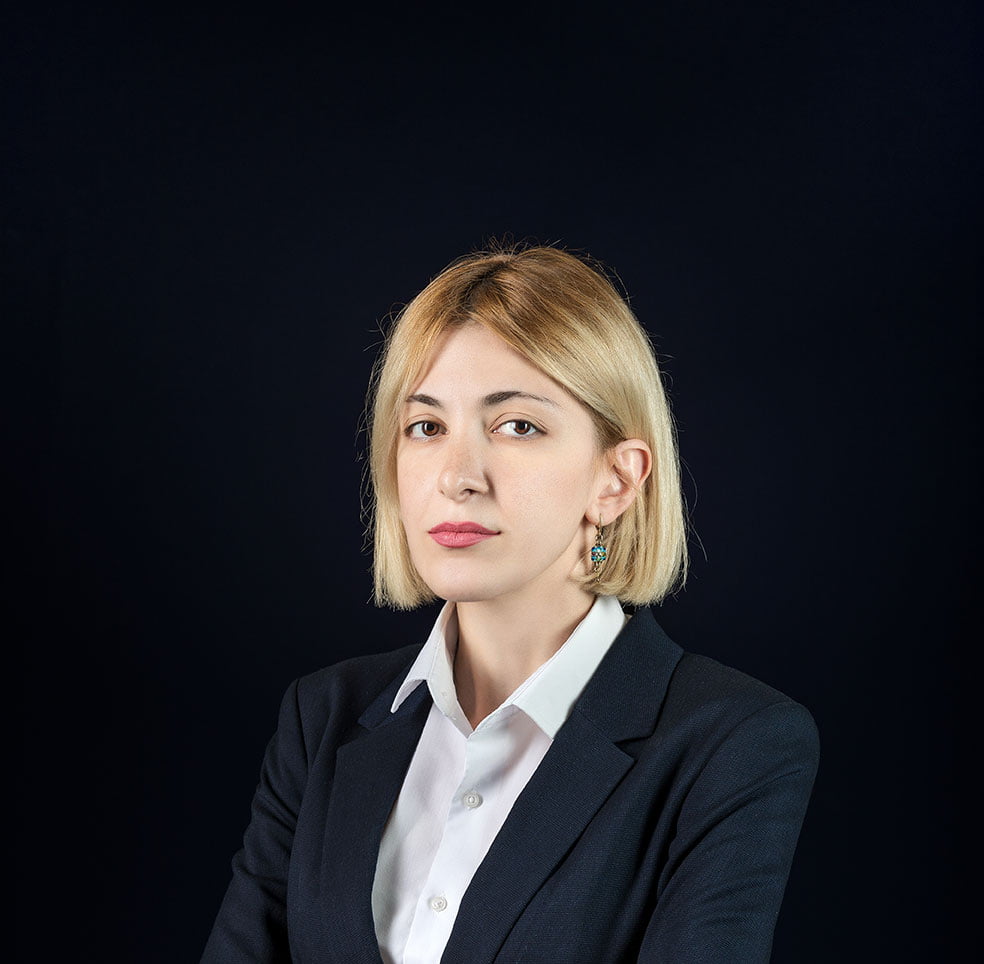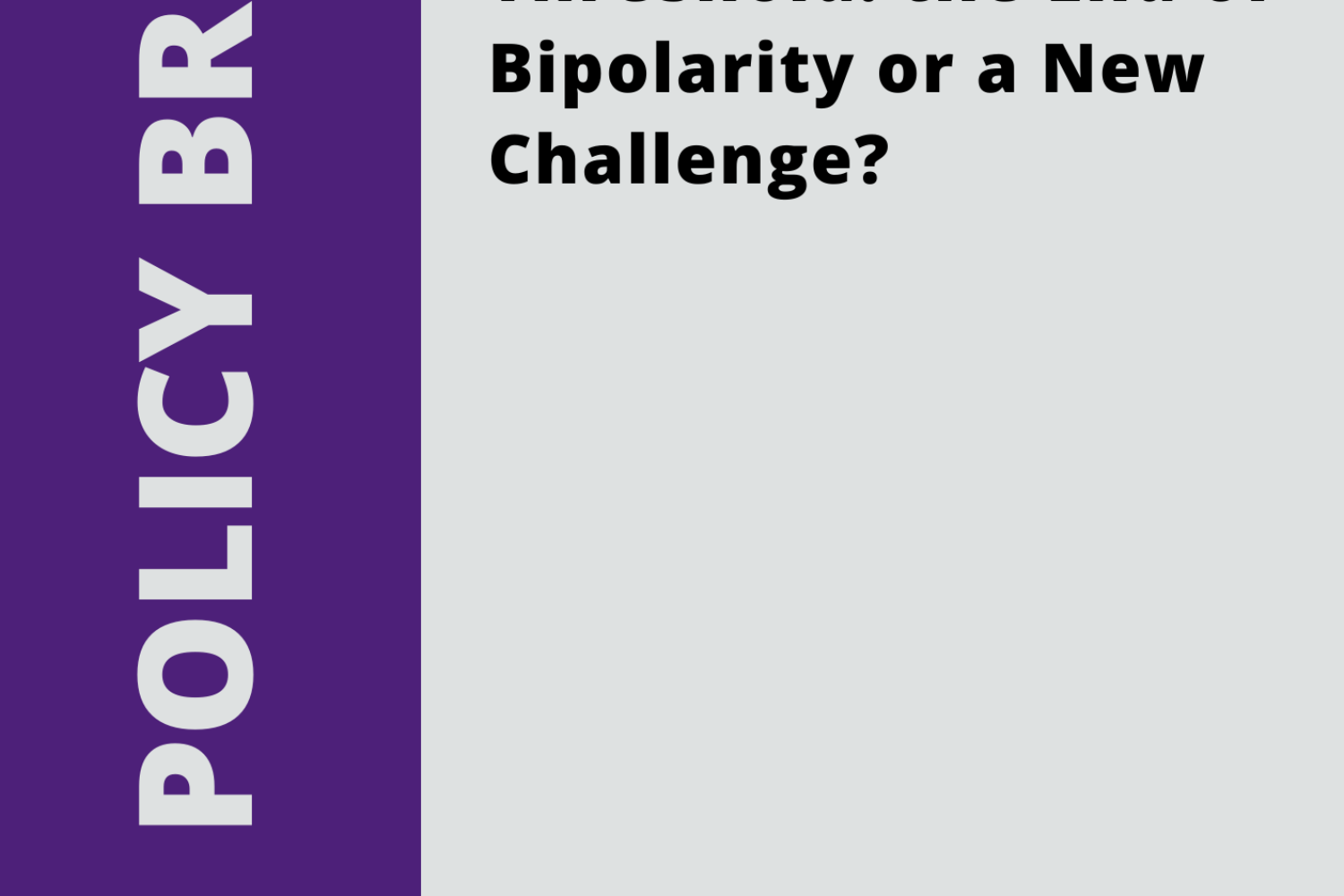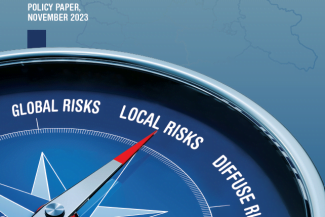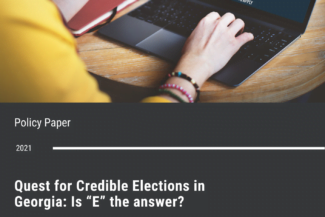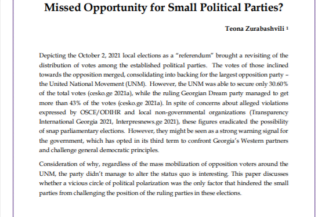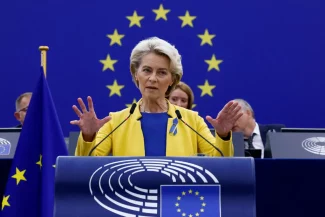22-05-2022
The majority of Georgian parliamentary parties support a 2% threshold for the 2024 parliamentary elections, which will take place for the first time per a fully proportional electoral system. It is hoped that this will encourage more political pluralism and less bipolarity. Decreasing the threshold is also a part of the so-called Charles Michel agreement, the fulfillment of which is important for the country’s democratization and European integration. Low election threshold is not essential for the ruling and the biggest opposition parties. However, it is detrimental for parliamentary representation of small parties, particularly in the environment, where it will be impossible to create party blocs for the future elections.
This paper discusses the prospects of various parties with regards to the election threshold and analyses the importance of the threshold in the development of a multi-party parliamentary democracy. The paper also discusses the potential positive and negative impacts of the 2% election threshold in the context of Georgia, and offers recommendations to reduce bipolarity and political polarization. Facts and arguments presented in the paper are based on a literature review, official statements of politicians and an analysis of interviews conducted with party leaders.
Key Words: 2% threshold, bipolarity, polarization, parliamentary elections, parties
Also, in the following policy document:
- What are the main features of polarization in Georgia?
- 2% vs 5% election threshold: opportunities to create coalition
- Is decreasing the electoral threshold the only way out of bipolarity?
- The view of big and small parties on 2% election threshold



